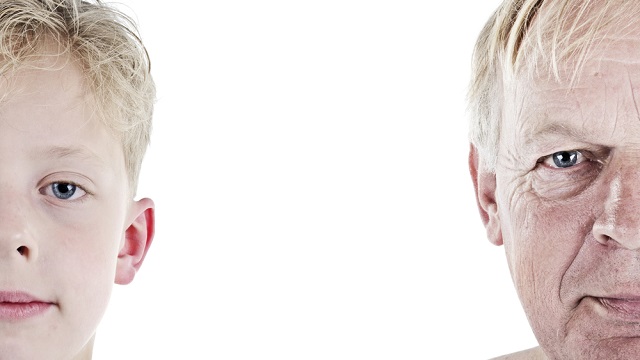Working Class Adulthood in the Age of Uncertainty

The unemployment rate is high among young people, but much higher among the young of the working class. What does this mean for the future of what we used to think of as “adulthood.” Jennifer Silva, a fellow at Harvard’s Kennedy School, explains in this interview with Jeff Schechtman, host of Specific Gravity.
Silva is the author of Coming Up Short: Working-Class Adulthood in an Age of Uncertainty
Listen to the interview here:
What’s the Big Idea?
What does it mean to be a grown-up. There used to be that we had a pretty standard set of expectations about achieving the American – “an unlimited set of choices” as Schechtman puts it in the interview. And yet, today, we are finding “an absence of choices.”
Due to the economic turmoil of recent years, coming of age and adulthood have come to mean something very different for a whole class of young adults.
Silva says that in terms of educational achievement, this is really an issue of know-how. Parents who had a college education are able to mentor their children through the process whereas parents of working-class children find it much more difficult to navigate the confusing processes.
So who can step in? According to Silva, instead of students seeing their schools as a place where they could receive proper guidance, there instead is a pervasive distrust of institutions among working class students in Virginia and Massachusetts who Silva studied.
This isolation from institution becomes a bit of a self-fulfilling prophecy, in which children grow up learning that you can’t rely on people and people can’t be trusted. These bad experiences then shape their actions in the future.
So what’s the way out?
Silva says there must be community support and guidance beyond the family. Self-help groups were one area, although those tend to focus on how people can improve personal problems, as opposed to tackling problems as a group within a community.
Image courtesy of Shutterstock
Listen to more Specific Gravity podcasts here.





